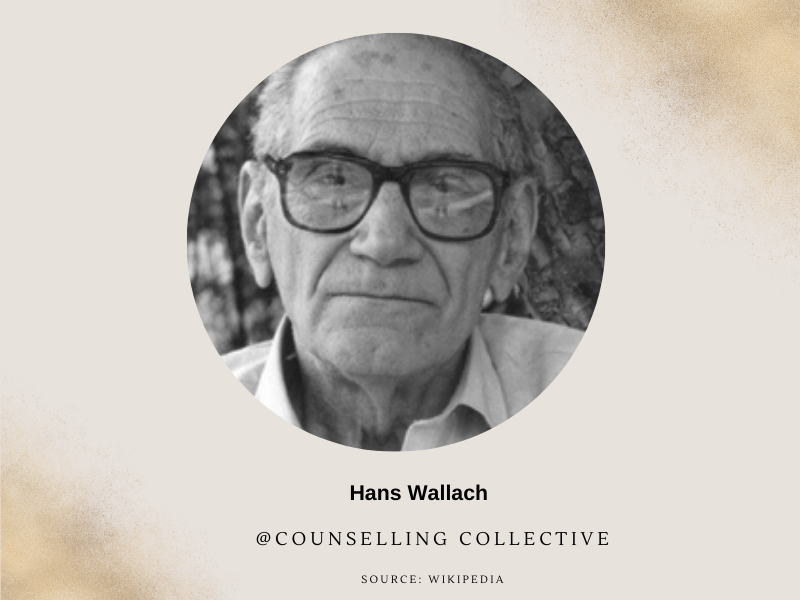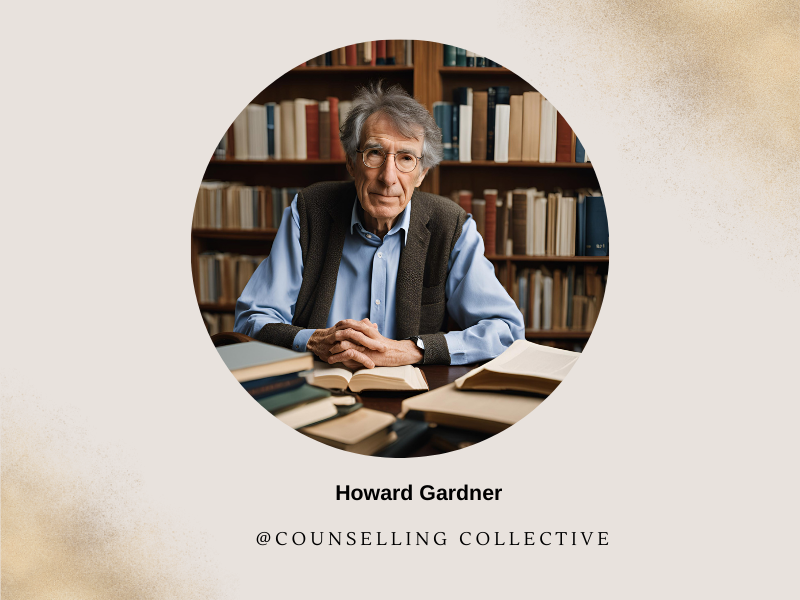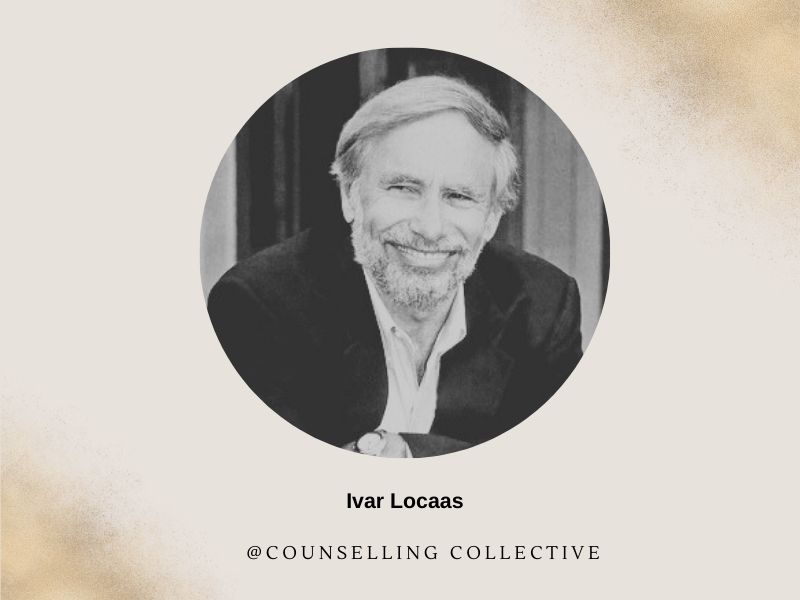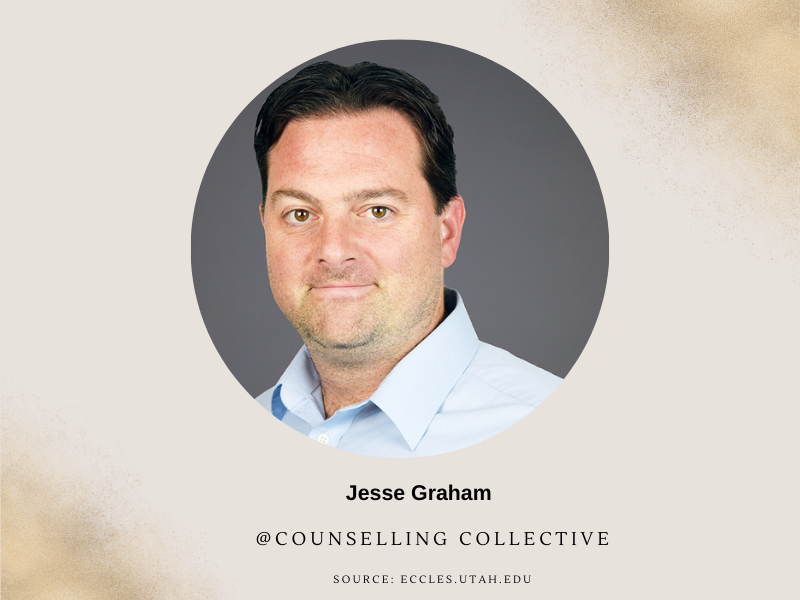Contents
Introduction
Martin Seligman is an influential American psychologist, educator, and author, best known for his work in positive psychology, learned helplessness, and well-being. His contributions have significantly shaped the fields of psychology and education, emphasizing the importance of positive emotions, strengths, and virtues in improving individuals’ quality of life.
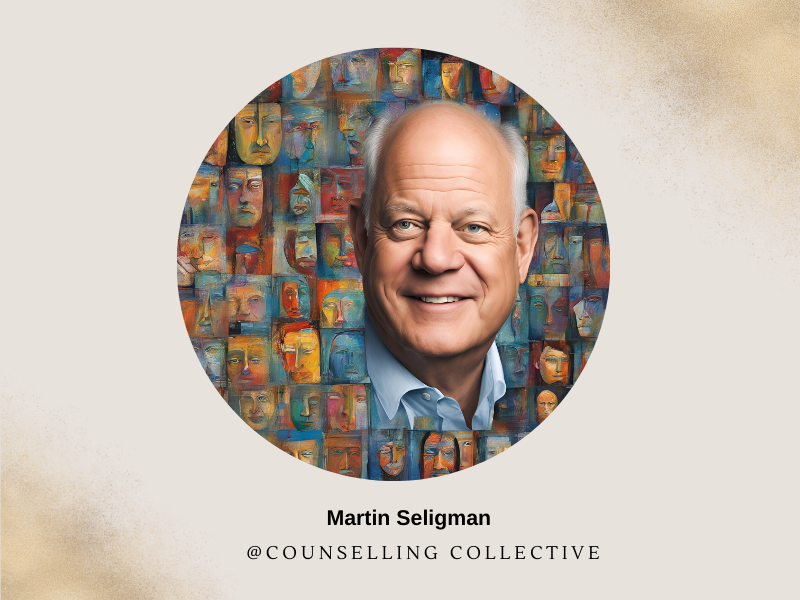
In this article, we will Investigate Martin Seligman’s key contributions to positive psychology, learned helplessness, and well-being. We will examine how his research has influenced modern psychological practices and improved our understanding of human strengths and happiness. Explore more psychologists here
Early Life and Education
Martin E.P. Seligman was born on August 12, 1942, in Albany, New York. From a young age, Seligman displayed a keen interest in understanding human behavior and the mind. His parents, Irene and Albert Seligman, encouraged his intellectual pursuits, providing a supportive environment for his early explorations in psychology.
Growing up in a middle-class family, His intellectual curiosity was apparent early on, as he often spent hours reading books and conducting small experiments. His passion for learning was further nurtured by his parents, who provided him with access to a wide range of literature and encouraged his inquisitive nature.

During his teenage years, Seligman developed an interest in philosophy and psychology, influenced by his reading of existential and humanistic thinkers. His high school teachers recognized his potential and often encouraged him to pursue higher education in these fields. This early success set the stage for his future academic achievements and his passion for understanding the intricacies of human psychology.
Educational Journey
| Aspect | Details |
| Early Education | Seligman attended public schools in Albany, New York, where he excelled in academics, particularly in science and mathematics. |
| Princeton University | Seligman earned his Bachelor of Arts degree in Philosophy from Princeton University in 1964. His undergraduate thesis focused on empiricism and ethics, reflecting his early interest in philosophical questions. |
| University of Pennsylvania | He pursued his Ph.D. in Psychology at the University of Pennsylvania, completing it in 1967. His doctoral research on learned helplessness laid the foundation for his later work in psychology. |
| Research | During his doctoral studies, Seligman conducted groundbreaking research on learned helplessness, which significantly influenced the field of psychology and his future work on positive psychology. |
Timeline of Early Influences
| Aspect | Details |
| Aaron T. Beck | Beck’s work on cognitive therapy influenced Seligman’s understanding of the role of thought patterns in emotional well-being. |
| Albert Bandura | Bandura’s social learning theory and concept of self-efficacy inspired Seligman’s interest in personal agency and motivation. |
| B.F. Skinner | Skinner’s work on operant conditioning provided a foundation for Seligman’s early research on learned helplessness. |
| Abraham Maslow | Maslow’s hierarchy of needs and focus on self-actualization influenced Seligman’s later work on positive psychology and human flourishing. |
Major Theories and Works

Learned Helplessness
Learned Helplessness
One of Martin Seligman’s most significant contributions to psychology is his theory of learned helplessness. Developed in the late 1960s and early 1970s, this theory explores how individuals can become passive and despondent when they believe they have no control over their environment. Key aspects include:
- Theory Development: Seligman’s research showed that exposure to uncontrollable stressors led to passivity and resignation, demonstrating how believing one lacks control can affect behavior and mental health.
- Applications in Therapy: The concept has influenced therapeutic approaches like cognitive-behavioral therapy (CBT), which seeks to change dysfunctional thought patterns and help individuals regain control and efficacy.
Image Sorce: nesslabs.com
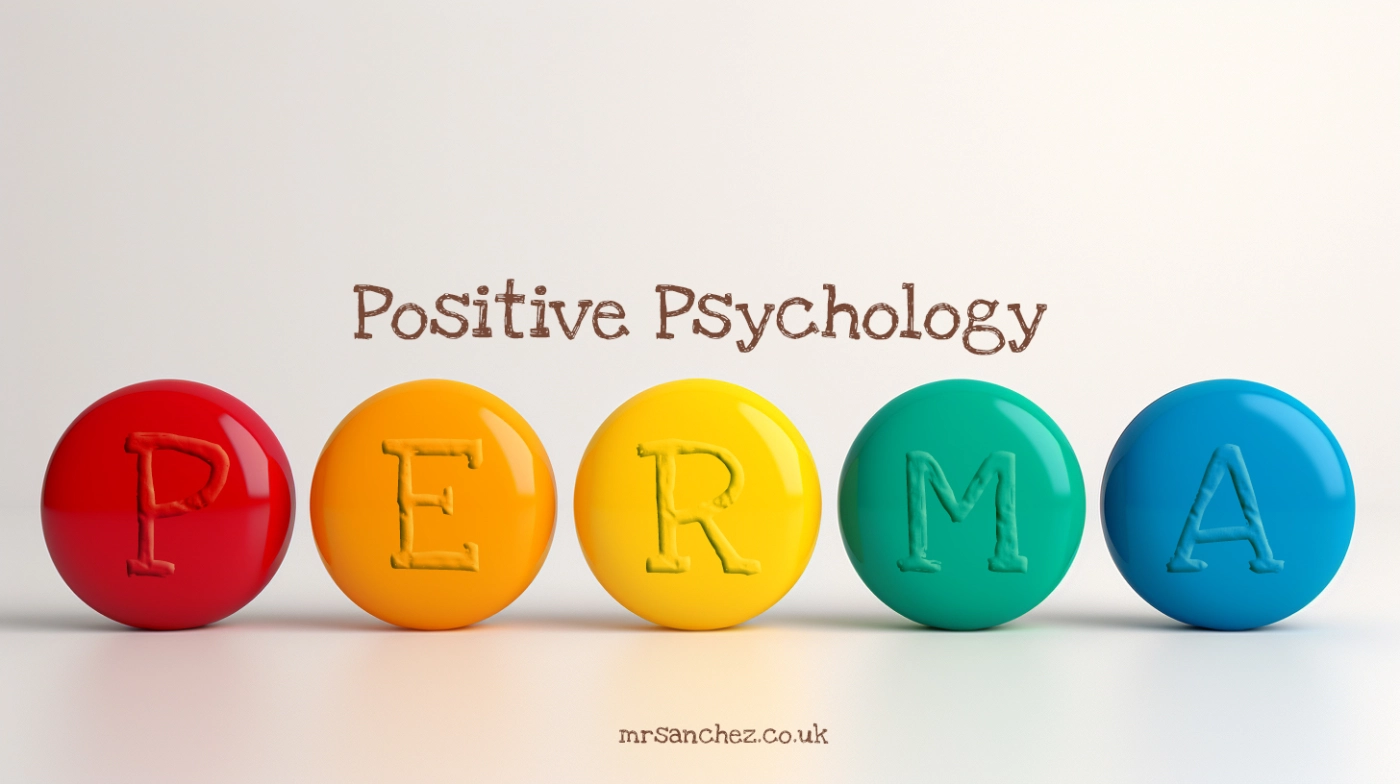
Positive Psychology
Martin Seligman is renowned for founding the field of positive psychology, which shifts the focus from mental illness to enhancing what makes life fulfilling. Key elements include:
- Emphasis on Flourishing: Positive psychology highlights strengths, virtues, and factors that contribute to human flourishing, aiming to improve overall well-being rather than just addressing pathology.
- PERMA Model: Seligman’s PERMA model identifies five essential elements of well-being:
- Positive Emotion: Experiencing joy and satisfaction.
- Engagement: Being deeply involved in activities.
- Relationships: Building meaningful connections with others.
- Meaning: Finding purpose and significance in life.
Image Sorce: mrsanchez.co.uk
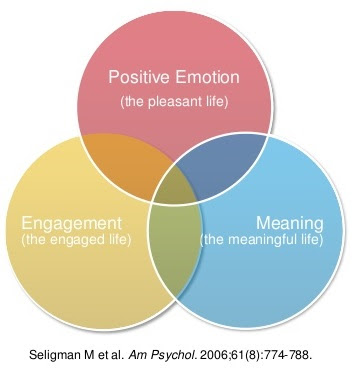
Authentic Happiness
In his book Authentic Happiness, Seligman presents the idea that happiness can be cultivated by focusing on one’s strengths and virtues. Key aspects include:
- Practical Strategies: Seligman offers practical strategies for cultivating happiness, such as gratitude exercises, optimism training, and goal-setting techniques, to help individuals build a more satisfying and meaningful life
- Focus on Strengths: Seligman emphasizes identifying and leveraging personal strengths, such as creativity, resilience, and kindness, to increase happiness and life satisfaction.
- Positive Psychology Principles: The book integrates principles from positive psychology, including the importance of positive emotions, meaningful engagement, and fulfilling relationships.
Image Sorce: peterfisk.com
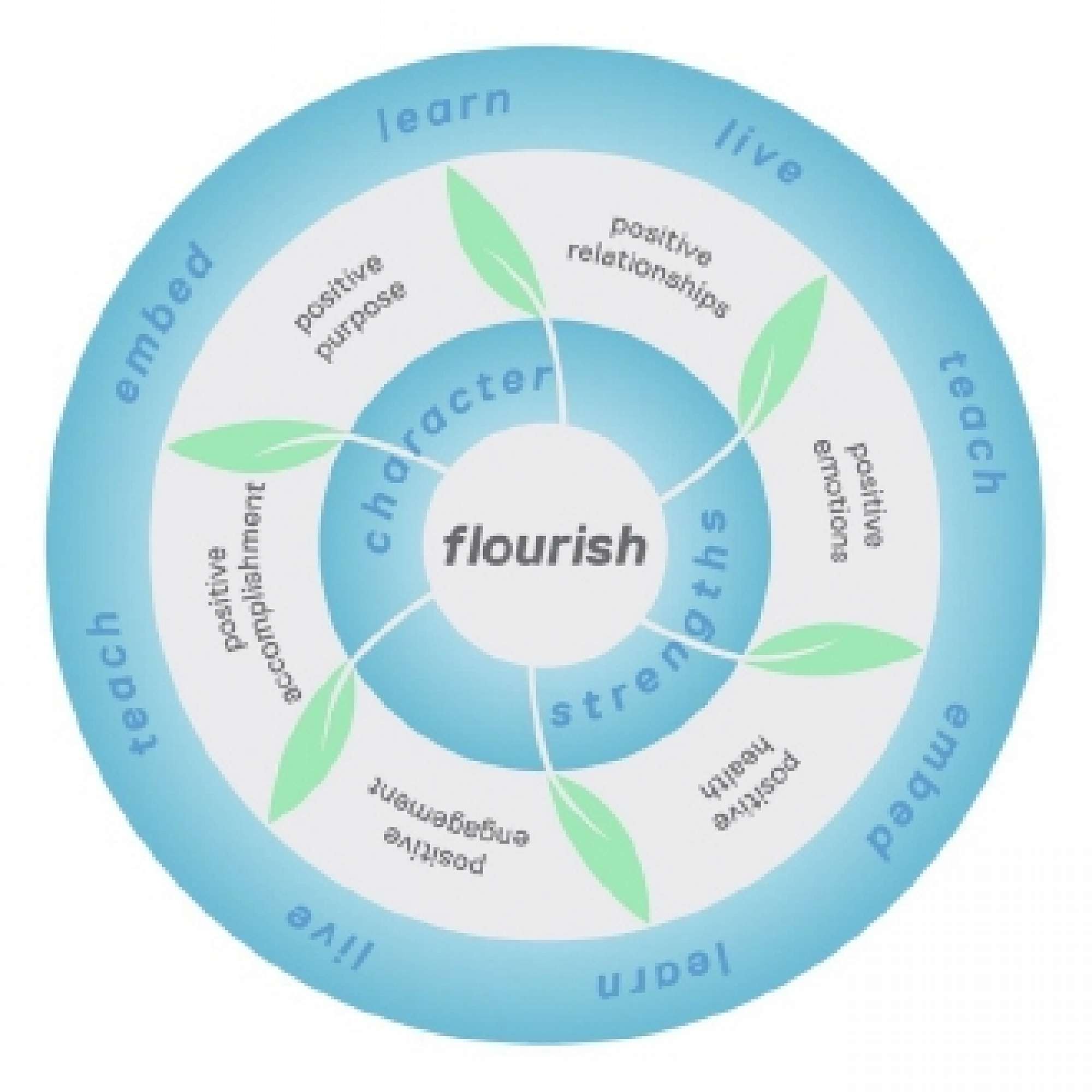
Flourish
In Flourish, Seligman expands on his earlier work to present a more comprehensive framework for well-being. He introduces the concept of flourishing, which encompasses the PERMA model and emphasizes the importance of contributing to the well-being of others and the community.Key elements include:
- Holistic Approach: Flourish advocates for a holistic approach to well-being, addressing both individual growth and social impact, and offering strategies to enhance both personal and collective well-being.
- Contribution to Others: Seligman emphasizes the importance of contributing to the well-being of others and the community as essential components of personal flourishing.
Image Sorce: bayswaterps.vic.edu.au

The Optimistic Child
In The Optimistic Child, Martin Seligman outlines strategies for fostering optimism and resilience in children, drawing on his research on learned helplessness. Key aspects include:
- Practical Applications: It offers actionable advice for parents, educators, and caregivers to support children’s emotional development and foster a more optimistic perspective on life (Seligman, 1995).
- Based on Research: It builds on Seligman’s research, demonstrating how learned helplessness can be countered by instilling optimistic thinking patterns.
- Impact on Education: The book has significantly influenced educational practices, emphasizing the importance of promoting mental health and well-being in children through positive reinforcement and resilience training.
Image Sorce: citizen.co.za
Psychologists Influenced by Seligman
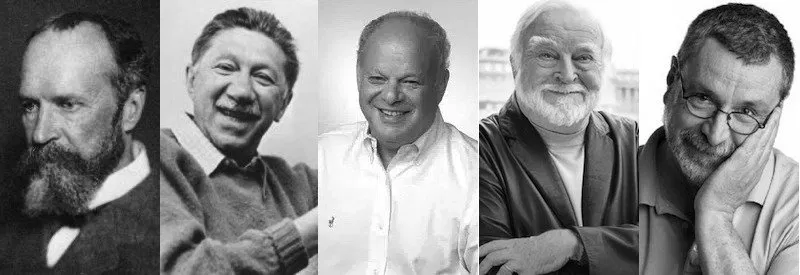
- Mihaly Csikszentmihalyi – Known for his work on flow and creativity, Csikszentmihalyi’s collaboration with Seligman helped establish positive psychology as a field (Csikszentmihalyi, 1990).
- Christopher Peterson – Co-authored the book Character Strengths and Virtues with Seligman, which became a cornerstone of positive psychology (Peterson & Seligman, 2004).
- Barbara Fredrickson – Her broaden-and-build theory of positive emotions complements Seligman’s work on positive psychology (Fredrickson, 2001).
- Sonja Lyubomirsky – Known for her research on happiness and well-being, Lyubomirsky’s work has been influenced by Seligman’s theories on positive emotions and strengths (Lyubomirsky, 2007).
- Angela Duckworth – Her research on grit and perseverance has been shaped by Seligman’s emphasis on strengths and positive traits (Duckworth, 2016).
Impact on Psychology
- Influence on Modern Thought: Seligman’s ideas have had a profound impact on various fields within psychology, including clinical psychology, educational psychology, and organizational psychology. His work on positive psychology has shifted the focus from mental illness to mental wellness, encouraging researchers and practitioners to explore the factors that contribute to a fulfilling and meaningful life.
- Contributions to Related Fields: Seligman’s interdisciplinary approach has extended his influence to areas such as education, business, and public policy. His work on character strengths and virtues has been integrated into educational curricula, leadership training programs, and community development initiatives, promoting a holistic approach to well-being.
Legacy and Influence
Long-Term Impact
Martin Seligman’s legacy is still unfolding, but his contributions to psychology and education have already left a lasting mark. His holistic approach to understanding human behavior and his emphasis on the interplay between individual strengths and societal structures continue to influence both academic and practical applications in various fields.
Recognition and Honors
Seligman has received numerous accolades and recognition for his work, including several honorary doctorates and prestigious awards. He has served as president of the American Psychological Association and has been a prominent figure in advancing the field of positive psychology through his research, teaching, and public speaking engagements.
Criticism and Controversies
While Martin Seligman has garnered a significant following and recognition, he has also faced substantial criticism. Some argue that his emphasis on positive psychology can oversimplify the complexities of mental health issues and downplay the importance of addressing negative emotions and experiences. Critics also point out that the empirical support for some positive psychology interventions is still evolving, and more rigorous research is needed to validate their long-term effectiveness. Despite these criticisms, Seligman’s contributions to the field of psychology and his efforts to promote well-being and resilience remain influential.
Conclusion
Martin Seligman’s life and work have profoundly shaped both psychology and education. His theories on learned helplessness, positive psychology, and well-being offer valuable insights into human behavior and mental health. By shifting the focus from pathology to strengths and virtues, Seligman has encouraged a more balanced and holistic approach to understanding and enhancing the human experience. As his legacy continues to unfold, his contributions to the fields of psychology, education, and beyond will likely inspire future generations of researchers, educators, and practitioners.
Bibliography
- [1] Bandura, A. (1997). Self-efficacy: The exercise of control. New York: W.H. Freeman.
- [2] Beck, A. T. (1979). Cognitive Therapy and the Emotional Disorders. New York: Penguin.
- [3] Csikszentmihalyi, M. (1990). Flow: The Psychology of Optimal Experience. New York: Harper & Row.
- [4] Duckworth, A. (2016). Grit: The Power of Passion and Perseverance. New York: Scribner.
- [5] Fredrickson, B. L. (2001). The role of positive emotions in positive psychology: The broaden-and-build theory of positive emotions. American Psychologist, 56(3), 218-226.
- [6] Haidt, J. (2012). The Righteous Mind: Why Good People Are Divided by Politics and Religion. New York: Vintage.
- [8] Lyubomirsky, S. (2007). The How of Happiness: A Scientific Approach to Getting the Life You Want. New York: Penguin Press.
- [9] Maslow, A. H. (1954). Motivation and Personality. New York: Harper & Row.
- [10] Paglia, C. (2017). Free Women, Free Men: Sex, Gender, Feminism. New York: Pantheon.
- [11] Peterson, C., & Seligman, M. E. P. (2004). Character Strengths and Virtues: A Handbook and Classification. New York: Oxford University Press.
- [12] Peterson, J. B. (1999). Maps of Meaning: The Architecture of Belief. New York: Routledge.
- [13] Seligman, M. E. P. (1972). Learned Helplessness: Theory and Evidence. Journal of Experimental Psychology: General, 101(1), 29-46.
- [14] Seligman, M. E. P. (2002). Authentic Happiness: Using the New Positive Psychology to Realize Your Potential for Lasting Fulfillment. New York: Free Press.
- [15] Seligman, M. E. P. (2011). Flourish: A Visionary New Understanding of Happiness and Well-being. New York: Free Press.

